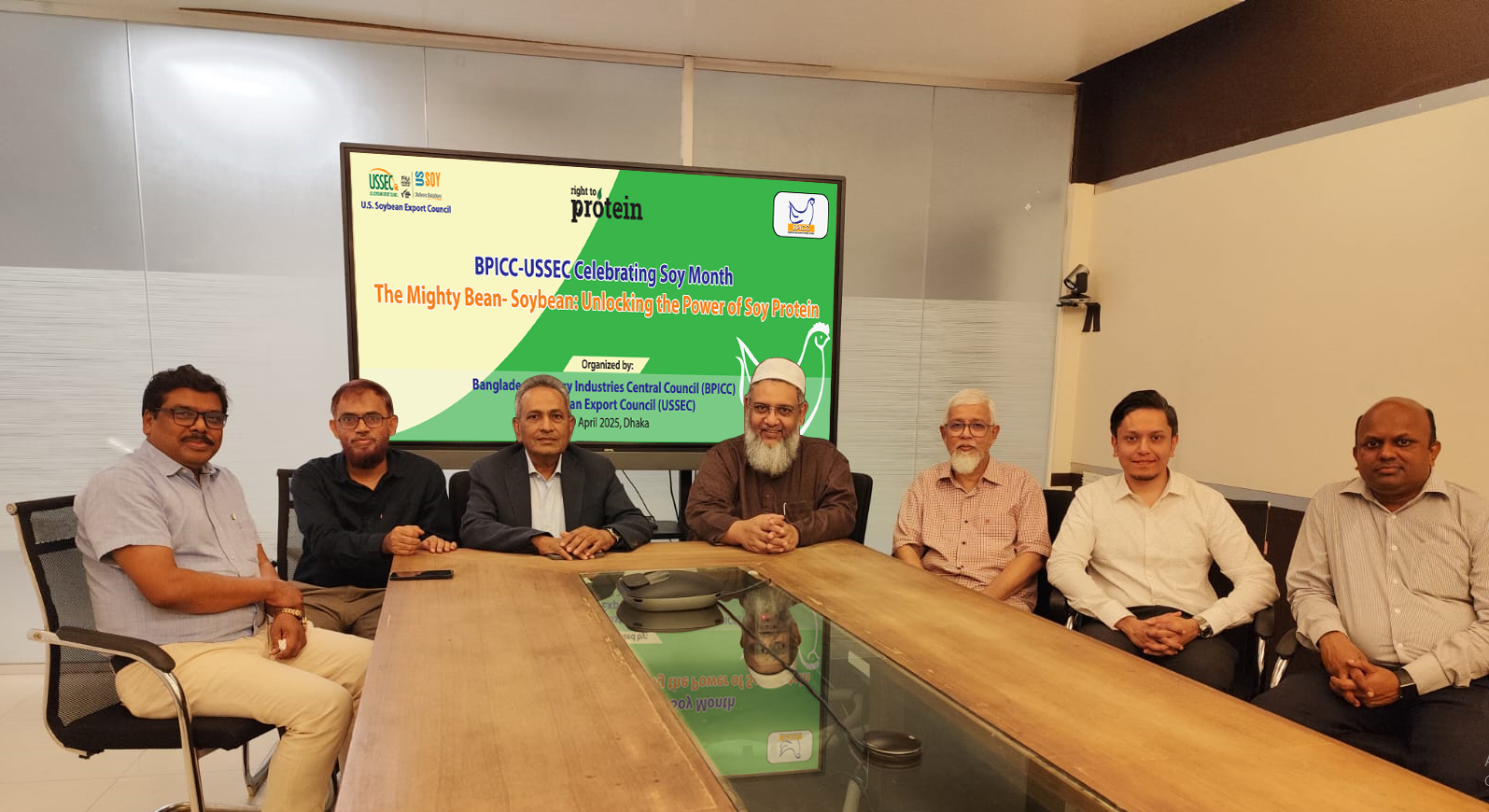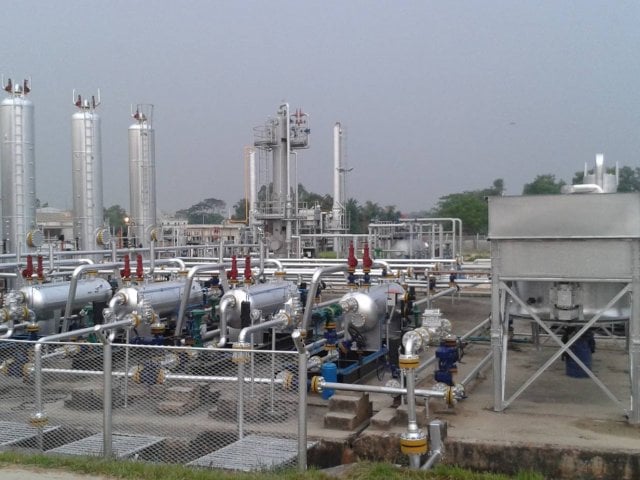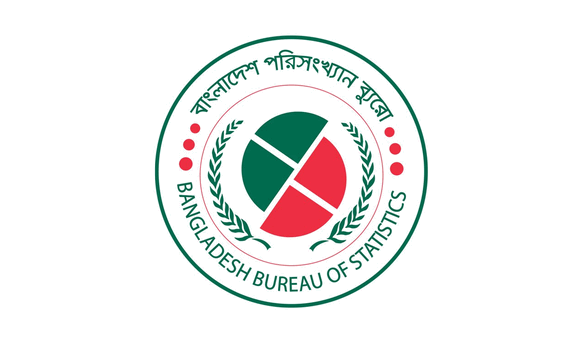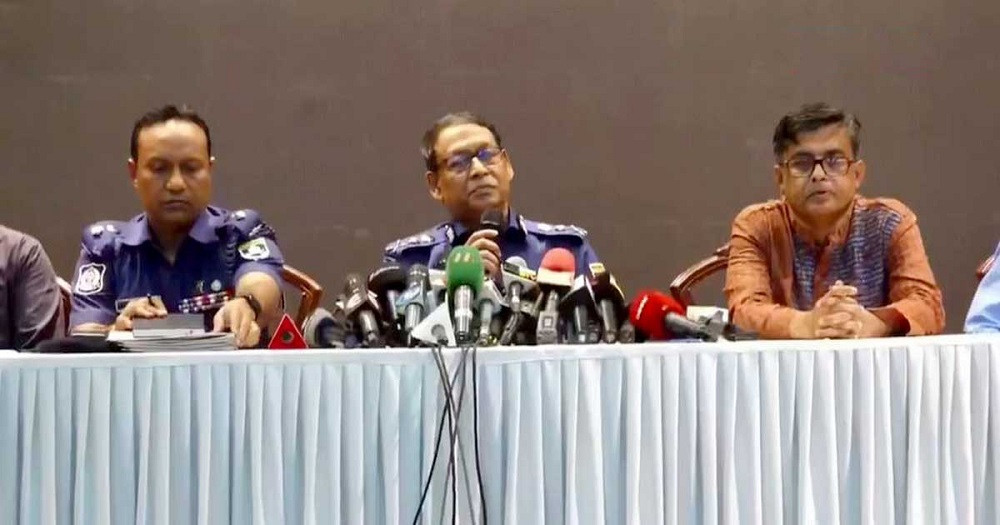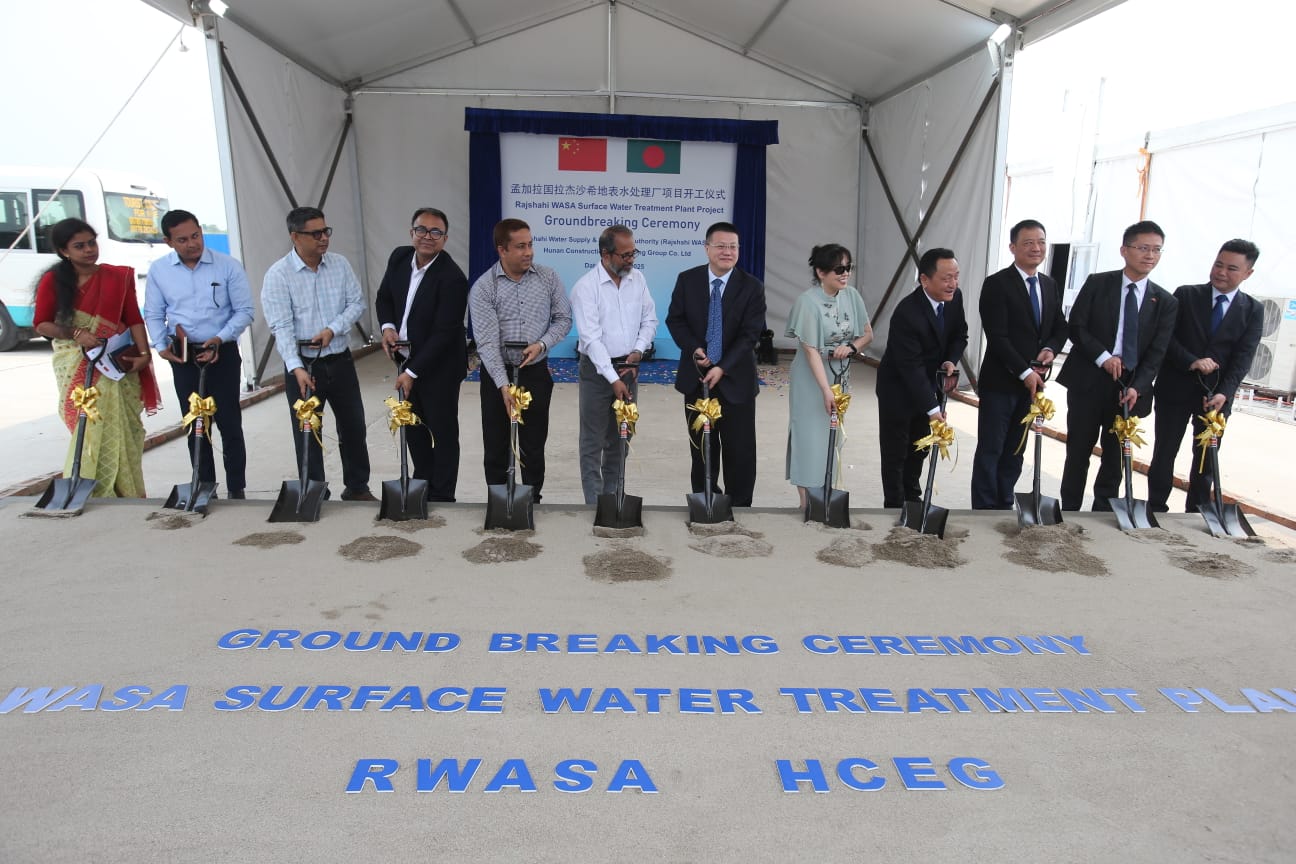
The Business Initiative Leading Development (BUILD), a prominent think tank, has called for strengthened public-private collaboration to safeguard Bangladesh’s economic interests amid the recent imposition of reciprocal tariffs by the United States.
This development has raised significant concerns among local private sector entrepreneurs, especially in sectors like Ready-Made Garments (RMG) and leather.
BUILD emphasizes the urgency of a strategic review of the tariff decision and stresses the importance of swift diplomatic engagement to mitigate its adverse effects on trade, investment, and employment. The think tank warned that prolonged trade barriers could deter Foreign Direct Investment (FDI), thereby hindering job creation and long-term economic growth.
Despite Bangladesh’s ongoing efforts to reform policies aimed at stabilizing the macroeconomy, diversifying exports, enhancing the financial sector’s stability, and promoting private investment, the recent tariff measures threaten to undermine these initiatives. BUILD highlighted the importance of accelerating reforms, including trade facilitation, simplification of the investment process, and digital law reforms, to maintain a positive investment climate.
Abul Kasem Khan, Chairperson of BUILD, stressed the need for urgent reforms to mitigate the impact of the tariffs. “The US tariff issue underscores the necessity to expedite the ongoing reform process and accelerate trade facilitation initiatives,” he said. “Immediate dialogue and remedial measures are essential to protect jobs and ensure economic stability.”
In response to the situation, BUILD proposed a comprehensive review of the tariff’s implications involving stakeholders from the government, private sector, and trade experts. They also suggested advocacy under the World Trade Organization’s (WTO) Trade Facilitation Agreement (TFA) to strengthen Bangladesh’s negotiating position, despite the US administration’s historical reluctance to adhere to WTO norms.
In light of the growing concerns, BUILD called for the formation of a Special Committee, composed of experts from both the public and private sectors, to address the challenges posed by the US tariff imposition and safeguard the country’s economic interests.



